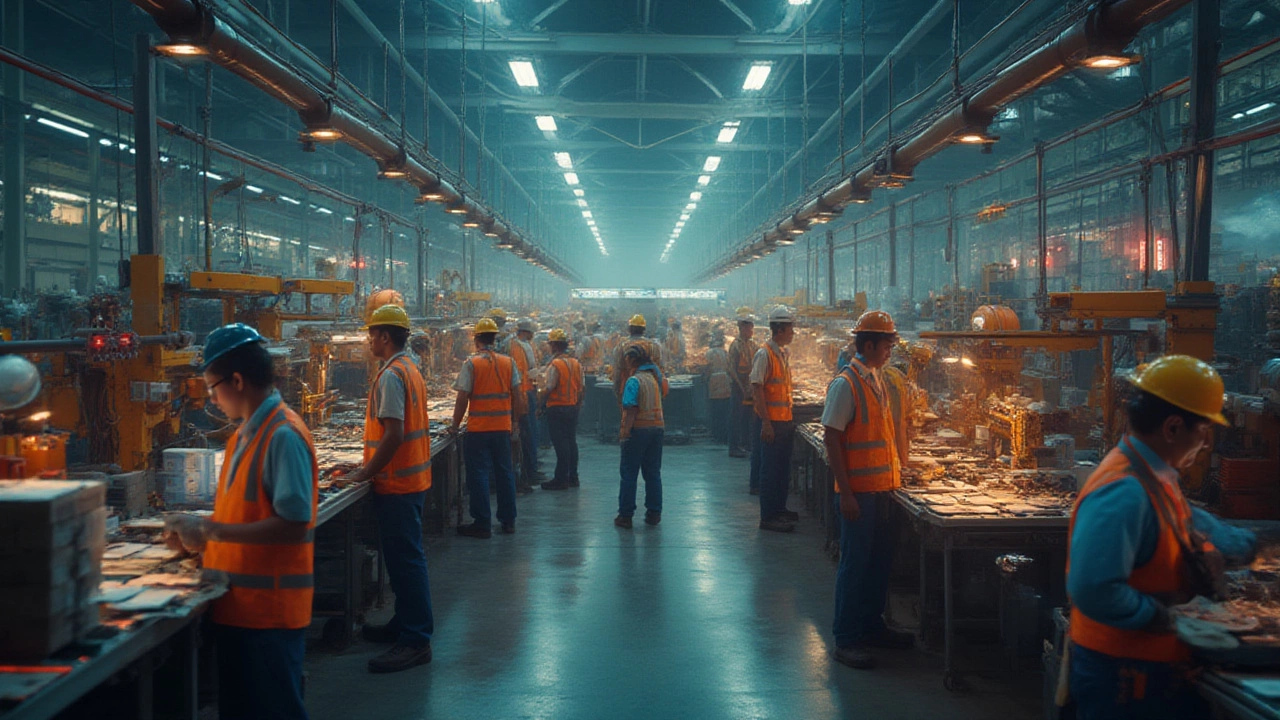Environmental Impact of Plastic Manufacturing – What You Need to Know
Every day we touch plastic—bottles, packaging, toys, even the parts that hold our gadgets together. But behind that convenience lies a hidden cost to the planet. From the energy used in factories to the mountains of waste that end up in oceans, the impact is real and growing. If you’ve ever wondered how your favorite products affect the Earth, you’re in the right place.
Why Plastic Production Matters to the Planet
Manufacturing plastic isn’t just about melting resin. It’s an energy‑intensive process that releases carbon dioxide, methane, and other greenhouse gases. According to recent data, the global plastic industry accounts for roughly 3‑4% of annual CO₂ emissions—about the same as the aviation sector. Add to that the fact that only around 9% of all plastic is recycled, while the rest turns into landfill or ends up in waterways.
One of the most shocking figures comes from a recent study on plastic waste: the top three countries—China, the United States, and India—contribute more than half of the world’s plastic leakage into oceans. That means the choices we make in production, packaging, and disposal ripple far beyond the factory floor. When you see a headline like "Who Wastes the Most Plastic?" you’re looking at a real environmental crisis, not just a headline.
How Urban Polymers India Reduces Its Footprint
At Urban Polymers India, we don’t just talk about sustainability—we build it into every step. First, we use energy‑efficient extrusion machines that cut electricity use by up to 20% compared to older equipment. Second, we source a portion of our raw material from recycled polymers, which trims both carbon output and virgin resin demand.
Our waste‑management system captures scrap plastic during production and sends it to partner recyclers, turning what would be landfill into new products. We also invest in research for biodegradable additives, aiming to create plastics that break down faster once they leave the supply chain. These actions are not optional; they’re part of our commitment to lower the environmental impact of every product we ship.
Customers can join the effort by choosing our eco‑certified line, which is marked with clear labeling about recycled content and end‑of‑life options. We provide guides on proper disposal and even offer a take‑back program for bulk industrial clients, ensuring that large volumes of plastic are recycled rather than abandoned.
Understanding the environmental impact of plastic manufacturing helps you make smarter choices—whether you’re a buyer, a designer, or just someone who cares about the planet. By supporting companies that prioritize sustainable practices, you push the whole industry toward greener solutions. Keep an eye on the numbers, demand transparency, and remember that every piece of plastic you use has a story that starts and ends with the Earth.
Why Manufacturing Faces Big Problems: Challenges and Solutions in 2025
Manufacturing is facing serious issues—from supply chain chaos to environmental damage and skill shortages. Dive into the hidden reasons behind these challenges in 2025.
